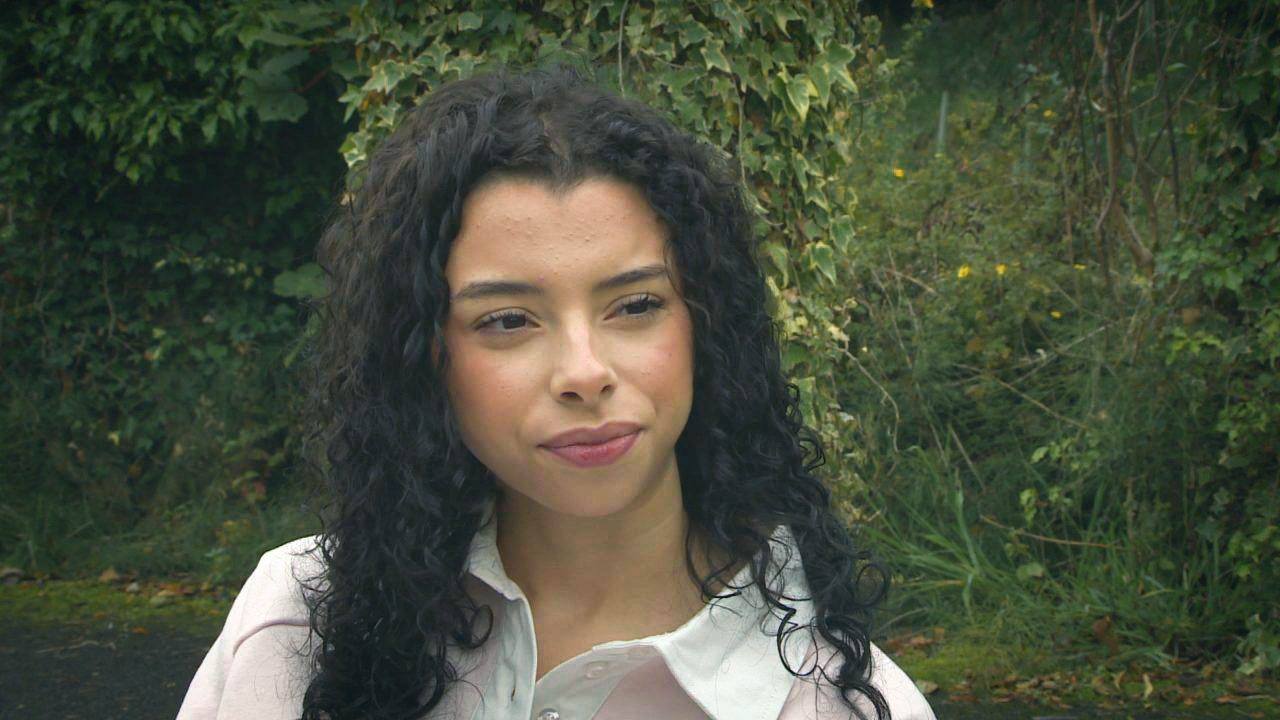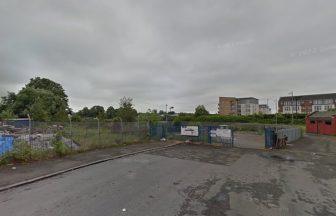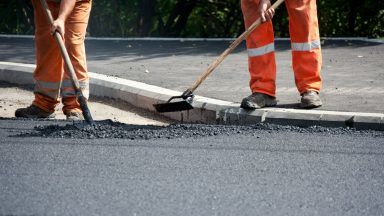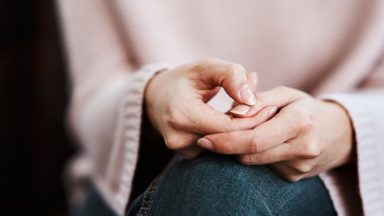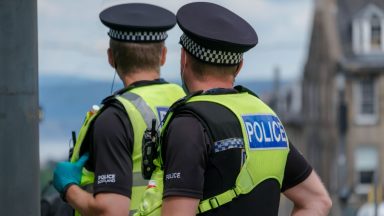A Glasgow student has spoken of the “terrifying” night she was spiked while on holiday with friends in Greece.
Katie Brown, 19, had travelled to Malia, Crete for a getaway with two close friends.
But the trip took a turn when she suddenly fell ill after leaving a nightclub.
“We’d just left the club and got into a taxi back to the hotel.” she told STV News. “But when I got in, I started to experience spasms in my face and my body. And I was fully aware. I told my friend, ‘I’ve been spiked.’”
Her panicked friends then carried her into the hotel and called an ambulance, despite Katie insisting she didn’t need one.
“It was really frightening. If they hadn’t been there, I probably wouldn’t be here today.”
‘I’m very lucky to be here’
At the hospital, her blood oxygen was measured at just 60% – a life-threatening level. “People don’t survive things like that,” she said. “I’m very lucky.”
The Lennoxtown teenager described the effects of the suspected overdose of ecstasy, which doctors believe may have been laced with other substances such as cocaine or ketamine.
“The paranoia was the worst part,” she said. “One minute I was clinging to my friends, asking them not to leave me.
“Then something would switch in my brain and I thought they had done it to me, that they were out to get me and that someone was in the room. At one point I even headed for the balcony.
“But they stayed by my side and reassured me I was safe.I think they were panicking, but at the same time knew I was terrified, so they tried to stay as calm as possible for me.
She struggled with the aftermath of the incident when she returned home to Glasgow.
“The first week back was really hard. At night, I couldn’t sleep. I kept thinking, ‘What if the person who did this was Scottish? What if they’re here too?’”
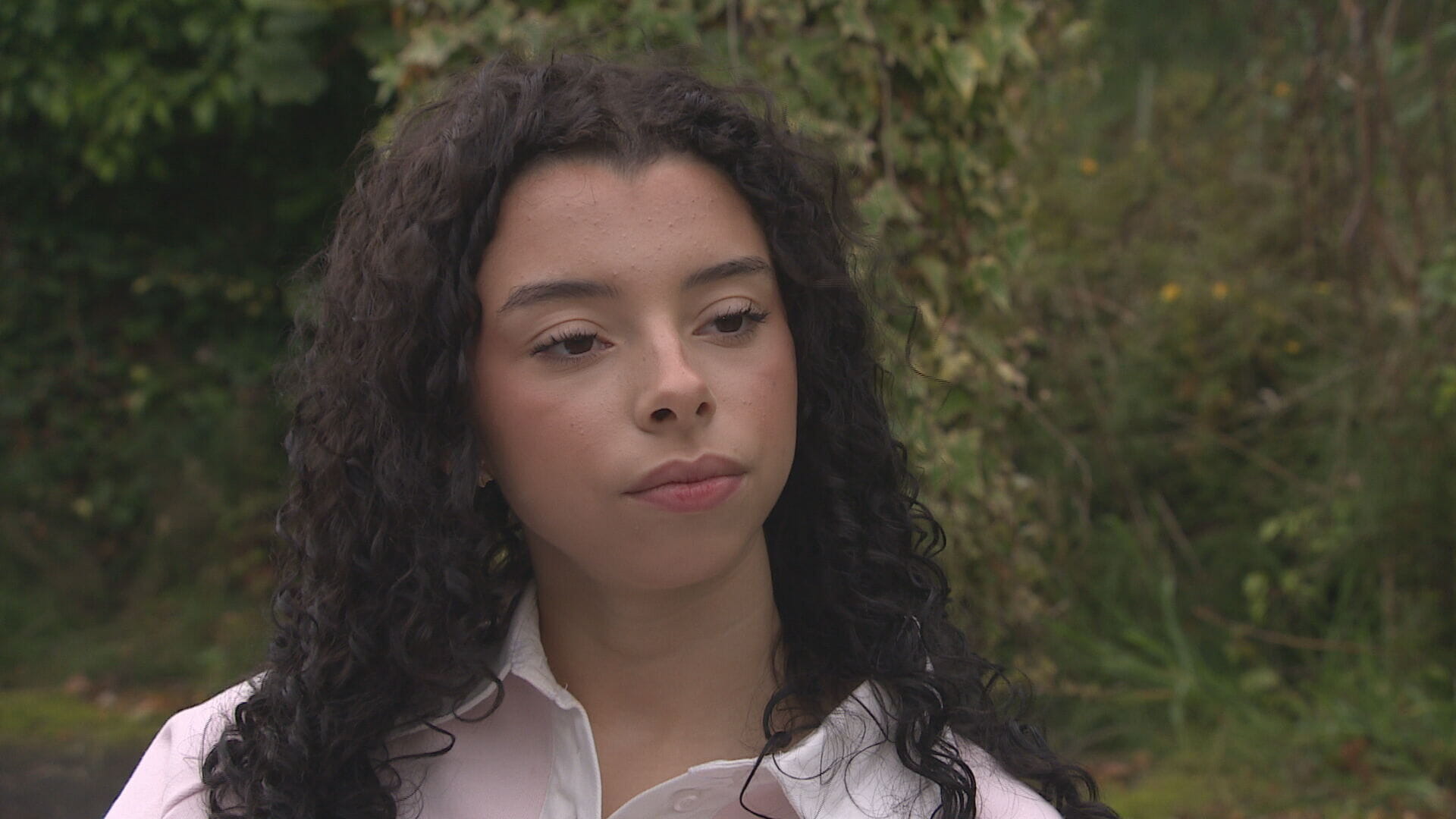 STV News
STV NewsKatie has slowly returned to student life, though she is still cautious.
“I’ve managed a few nights out since, but only in Glasgow, I didn’t feel safe or confident enough to go anywhere else.”
She wants to use her experience to warn others.
“Always stick with your friends. You know you’ve all gone in together, you stay together and you’re all going to leave together.
“Cover your drinks, never pick up someone else’s, and if you put yours down, just get another one. It’s not worth the risk.
“If it happens, always call an ambulance. I was that person saying I didn’t need medical help, and that was the thing I needed the most. I’m really glad I did.”
‘It can happen to anyone, anywhere’
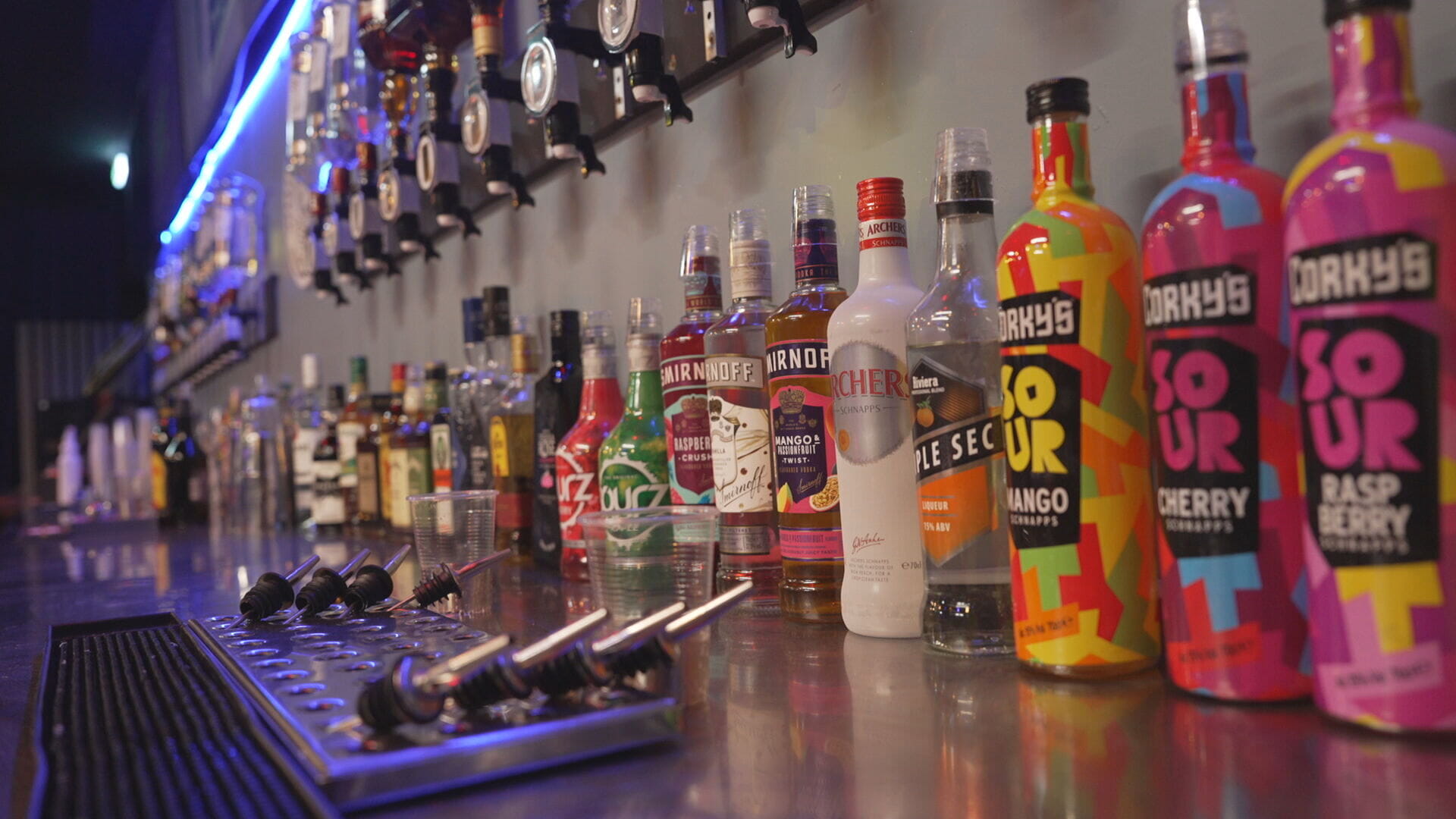 STV News
STV NewsSpiking is the act of secretly adding drugs or alcohol to someone’s drink or injecting them with a substance without their knowledge or consent.
Police and campaigners warn it can be done for a variety of reasons – as a prank, to incapacitate someone for theft or to facilitate sexual assault.
Common symptoms can include sudden dizziness, confusion, slurred speech, and loss of consciousness.
Figures from this summer reveal that 760 spiking incidents have been recorded across Scotland since 2020. Police Scotland classified most of these as ‘druggings,’ while 78 incidents were categorised as ‘administering a substance for sexual purposes.’
The highest number of cases were reported in Scotland’s largest cities, Glasgow, Edinburgh, and Dundee, where the nightlife is busiest and student populations are largest.
In 2025, 1.5% of adults in Scotland, approximately 67,000, reported being a victim of drink spiking in the last year, according to research from Drinkaware.
Campaigners say the true figure is likely far higher, as many cases go unreported.
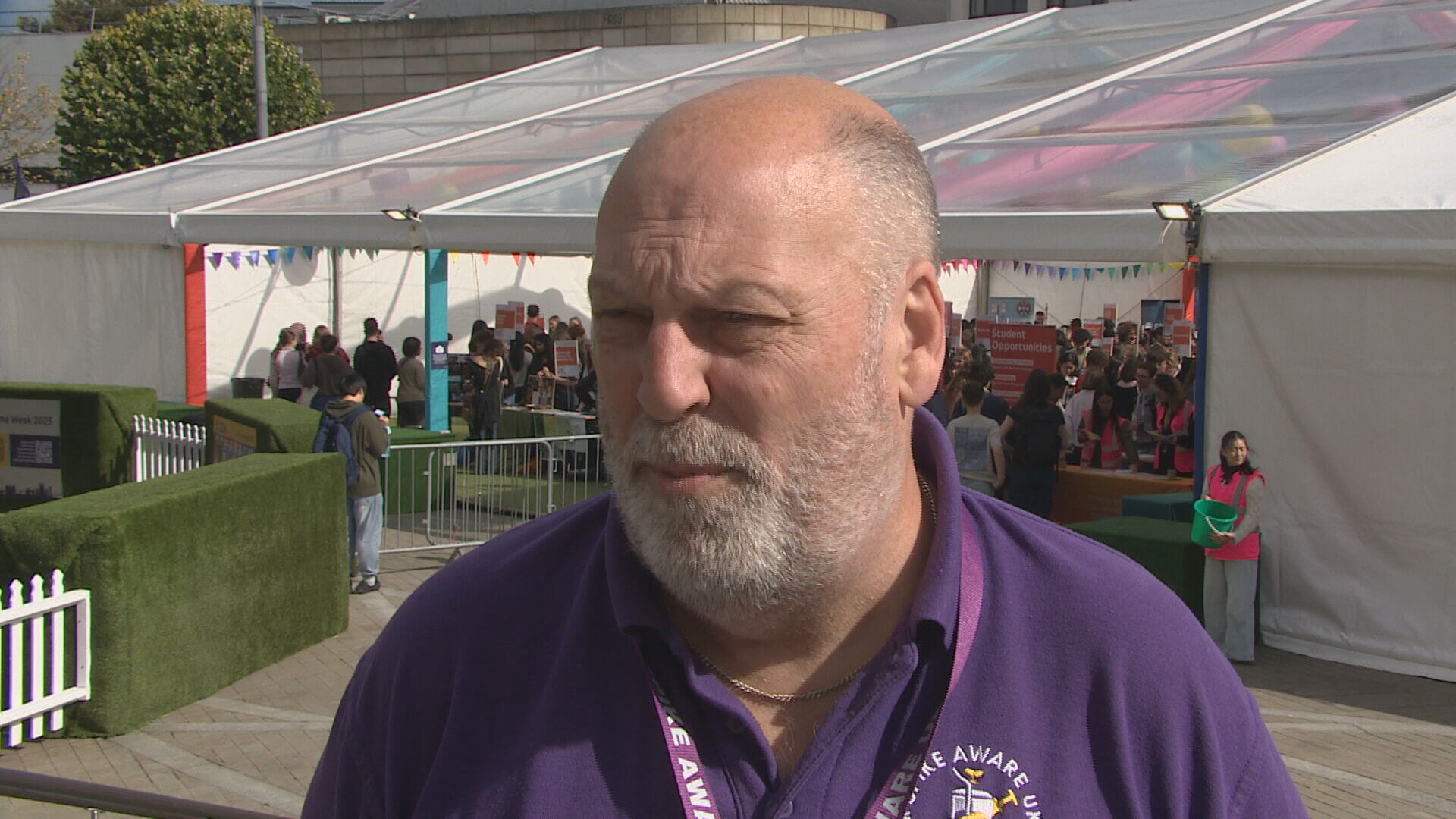 STV News
STV NewsColin Mackie founded Spike Aware with his wife Mandy after losing their son Greg to drink spiking at student halls in Edinburgh in 2017. He was just 18.
“Students have become more aware of spiking – and that’s a great thing,” he says. “Thankfully, groups like the police are taking it more seriously now than when we first started.
“We’ve heard stories from victims where the response was inconsistent. One girl told us a police officer in uniform showed up right away and took it seriously. In another case, it took three weeks before police even asked for CCTV footage from the venue. It shouldn’t be like that.”
He said there is still a need to challenge myths about who spiking affects.
“Many still think it only happens to girls in nightclubs – but it can happen to anyone, anywhere.
“Greg was in student halls, hanging out with friends. When you’re in a new space, meeting new people, you don’t always know who you can trust.”
‘Not a joke, not a prank’
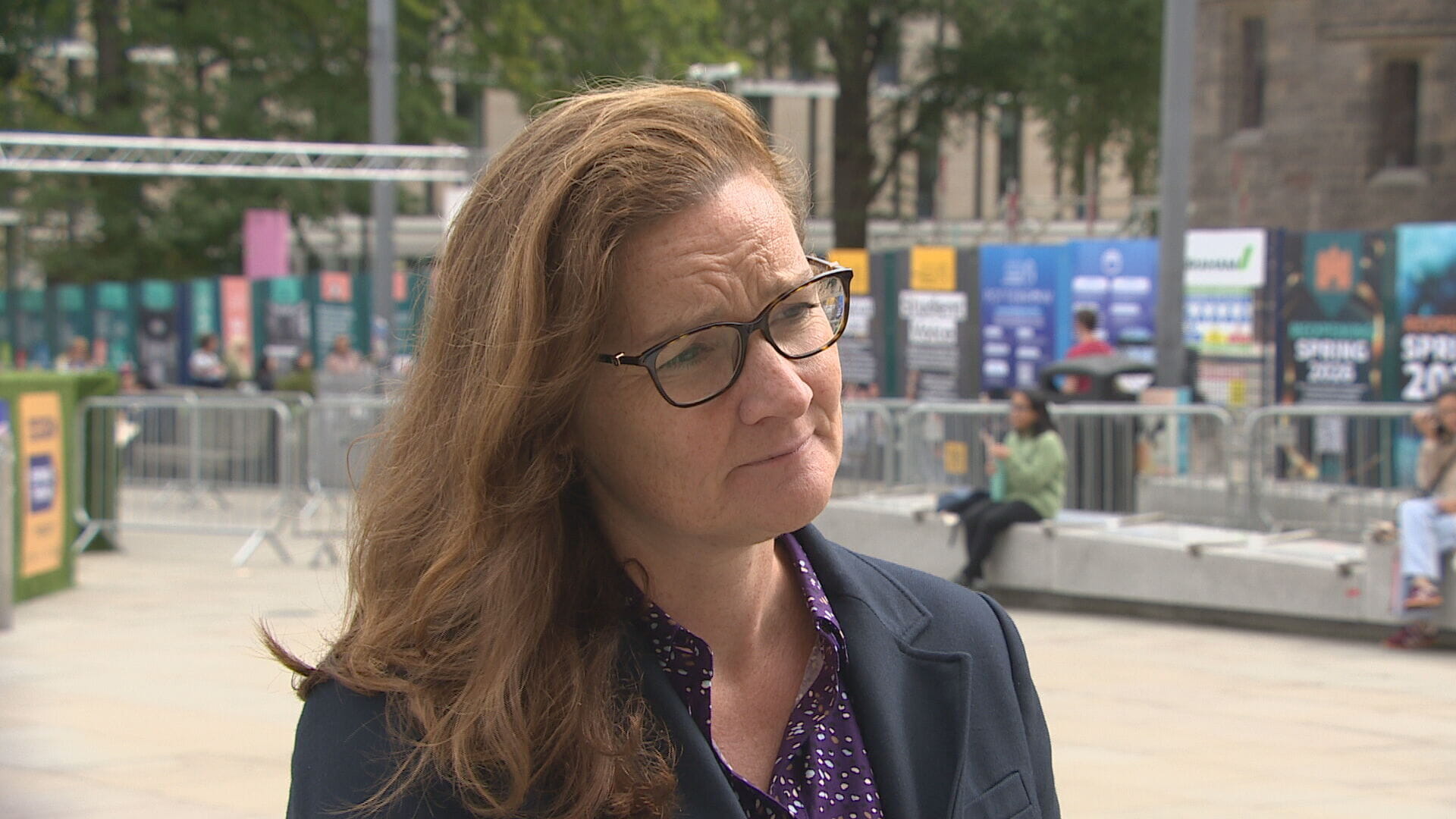 STV News
STV NewsKaren Tyrell, CEO of the charity Drinkaware said: “We want to make sure people fully understand that spiking is a criminal offence.
“It can involve alcohol, other alcohol, or a mix of legal and illegal substances. It’s not a joke. It’s not funny. It could endanger someone’s life.
“It can happen anywhere, at a family barbecue or on a night out. We also know that people aged between 18 and 35 are increasingly at risk.
“Sometimes people think it’s just a prank or a joke – but it’s not. It’s not funny. It could endanger someone’s life.
“If you feel you’ve been a victim of spiking, please report it to the police.”
Victims and community safety minister Siobhan Brown said: “We are aware of the concern in spiking cases that the link between health professionals and Police Scotland has not always been clear to victims.
“We are therefore introducing changes to the NHS system which will allow us to record those who present to A&E as potential victims of spiking. This will provide invaluable data on previous unrecorded incidents and will allow us to better understand the extent to which these lead on to formal police reporting.
“We remain committed to raising awareness of and addressing issues around spiking, and urge everyone to remain vigilant and stay safe.”
Superintendent Joanne McEwan, Policing Together said: “We continue to investigate reports from people having been spiked.
“Every report is taken seriously, and perpetrators are dealt with swiftly and robustly.
“People should be able to go out for a night out without fear of being spiked.
“We work with a range of partners, both locally and nationally, to ensure licensed premises are safe spaces for all, including the continued delivery of Bystander Awareness training.
“We also work with other emergency services, student bodies, universities, colleges and third sector organisations to raise awareness and provide support for anyone affected.
“We would encourage anyone who believes they have had their drink spiked or been assaulted in this way to contact Police Scotland on 101 or in an emergency 999.”
A Scottish Government spokesperson said: “There are comprehensive laws in place that allow Police Scotland to effectively tackle perpetrators of spiking, which carry a maximum penalty of up to five years, or a fine, or both.
“We continue to engage with Spike Aware UK, the Home Office and other stakeholders through our roundtable on spiking to ensure we take a focused and proactive approach to understand the prevalence of spiking and that our response is effective. Information is available on Spiking – Safer.scot, to inform and support the public around the subject of spiking.”
Follow STV News on WhatsApp
Scan the QR code on your mobile device for all the latest news from around the country


